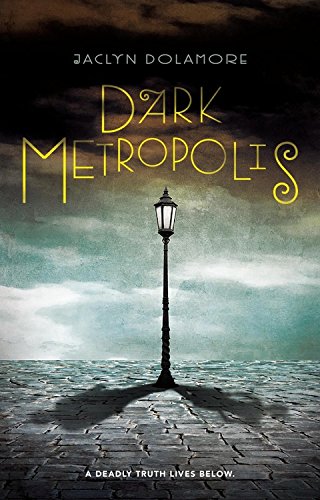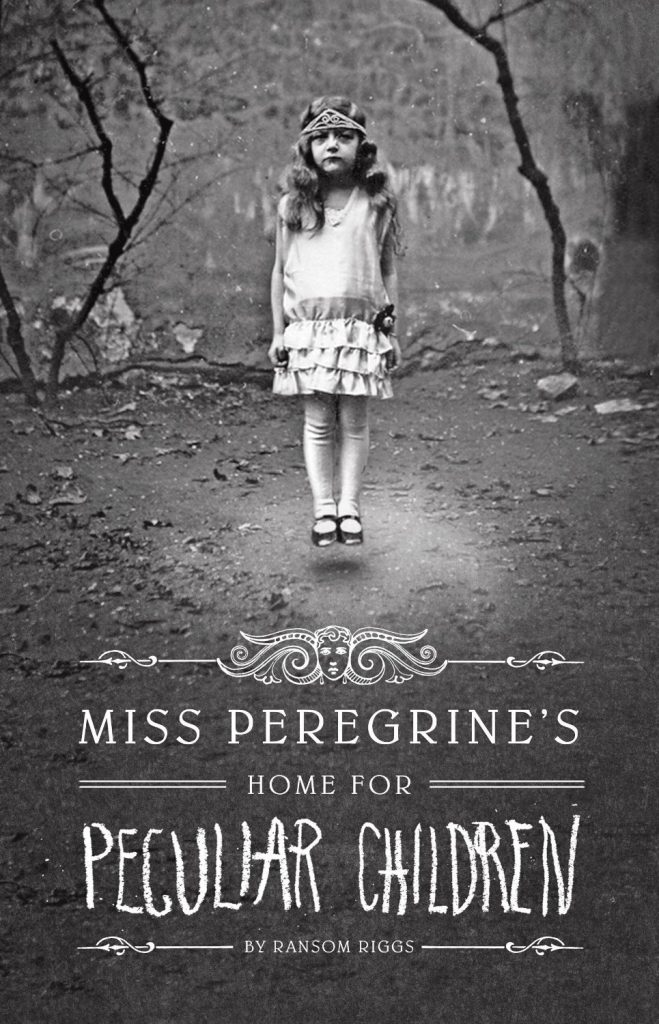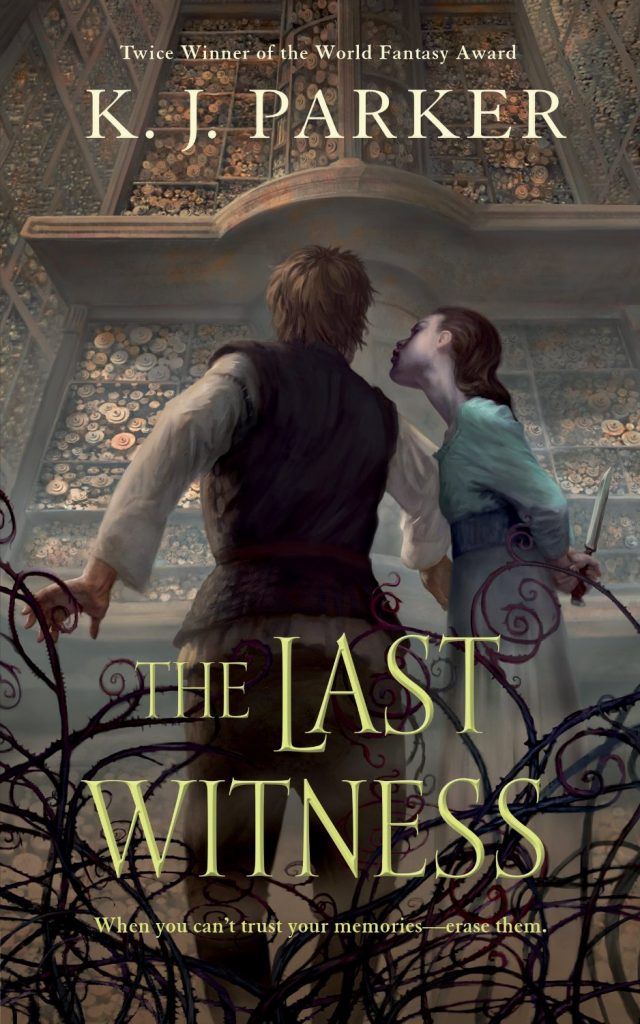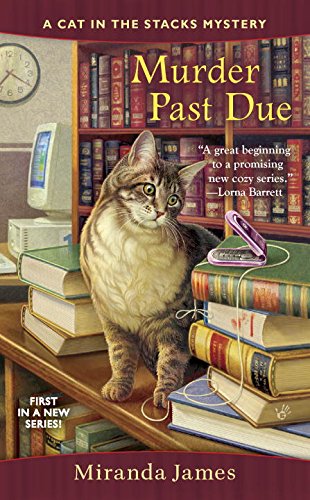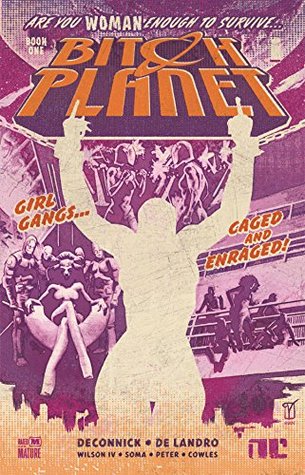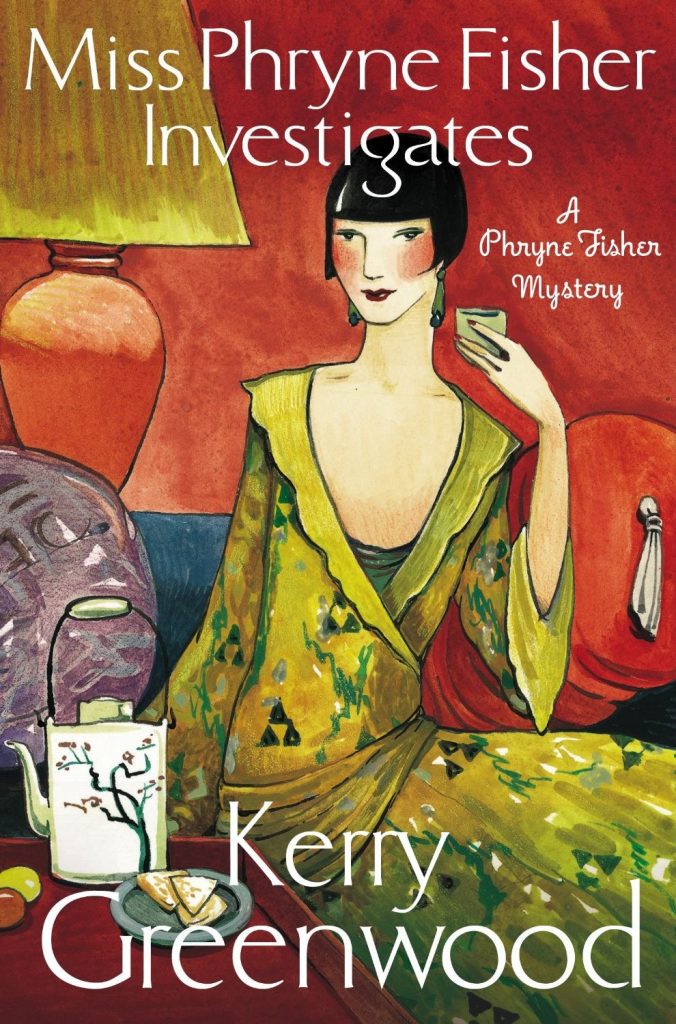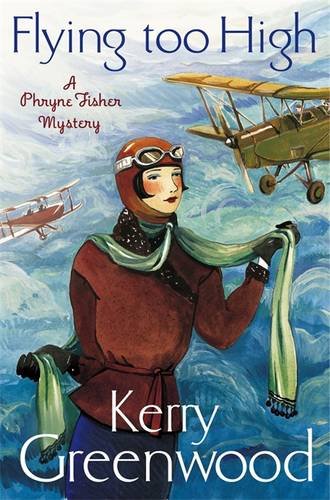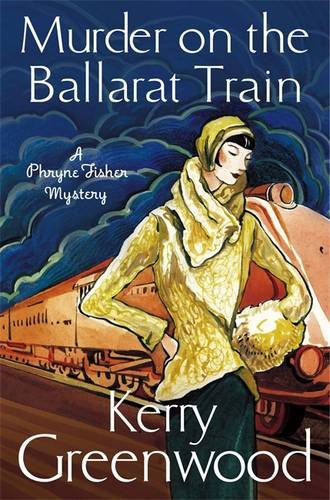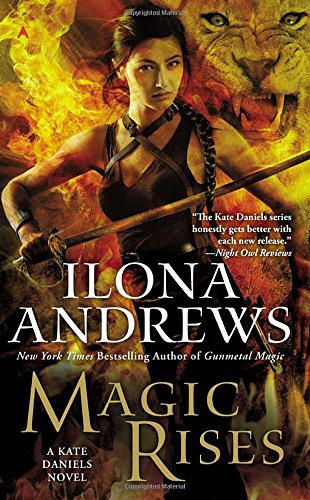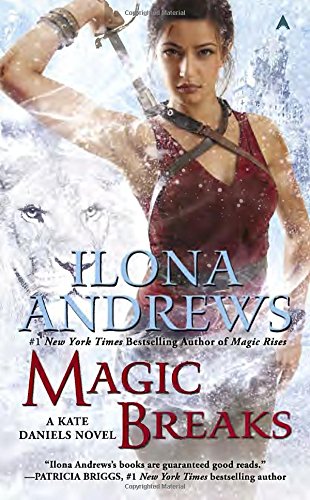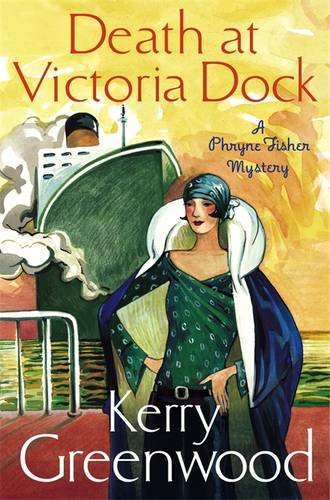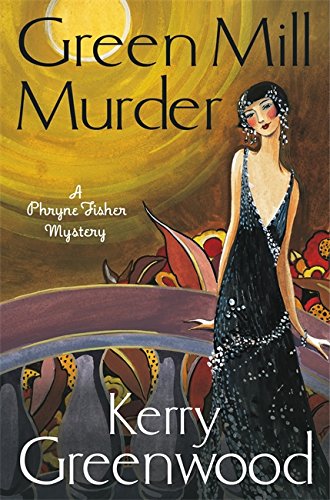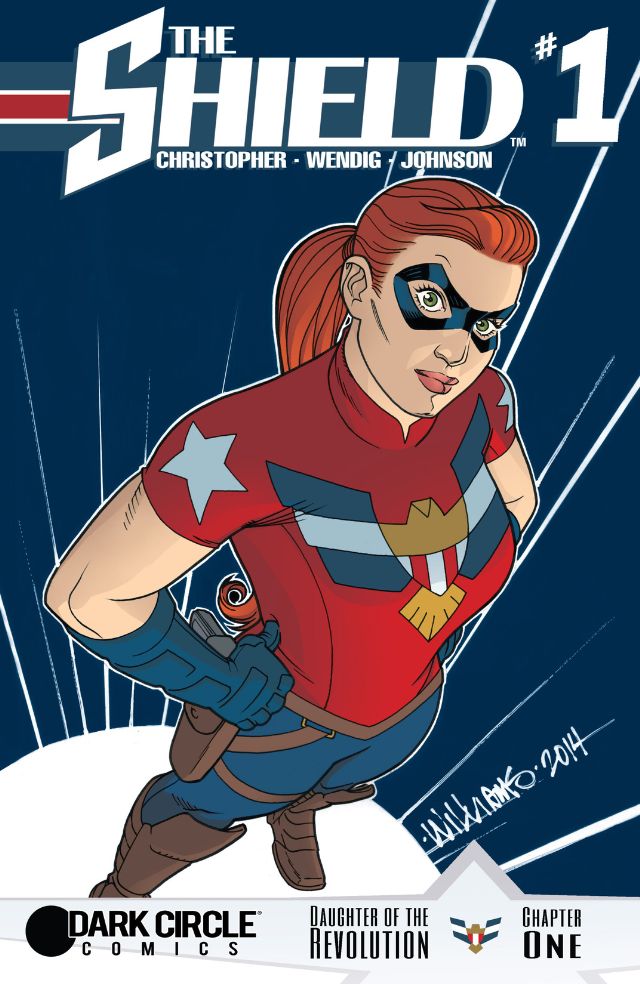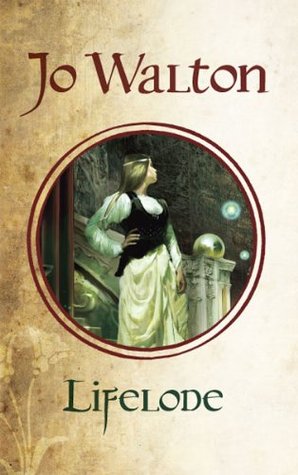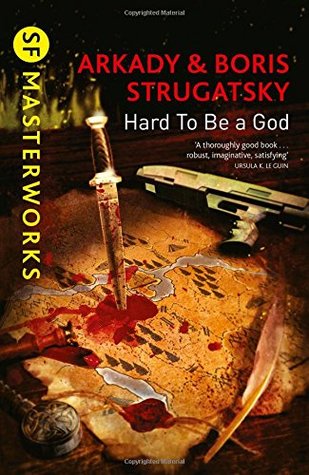There’s been a couple of manifestos floating about in the wake of Joanne Harris’ Writer’s Manifesto. It got me thinking about what I promise as a blogger and reviewer, what I think is important. So I thought I’d do a quick manifesto myself.
- I promise to give you my real opinion. Even if I’m friends with the author or the publicist or someone’s feelings might get hurt.
- I promise to remember that everyone has feelings. I’m not going to attack someone, tweet a critical review directly at the author, etc. Everyone has feelings, and it’s just courtesy to do your best to avoid hurting them.
- I promise to reply to comments and return your visits. You put in effort to engage with me, and I’ll make the same effort to engage with you.
- But, when I’m stressed out and things are hard, I reserve the right to take time off. Even if my scheduled posts are still going ahead. Even if I post something that generates a lot of discussion. I’m a human being, and I need time off too.
- I promise to let you know of my bias. When a book is by a friend or I’m doing something as a favour, then I will let you know. If I’m not aware of my bias, then I can’t tell you, but…
- I promise to be open to criticism. It’s not easy, but I know I’m as fallible as any other creature. I may react badly, but I promise I will think about what you say.
- I promise to be open to new things. I’m sure there’s things I’m neglecting and things I haven’t tried yet, many of which I may love. I’ll be open to them when they come my way.
- I promise to review books that I’m given for that purpose. Whether I like them or not.
I’m sure once this goes live I’ll think of something else, so I might add to this. Feel free to borrow the idea, the wording, link to this, whatever you like, if it speaks to you.

